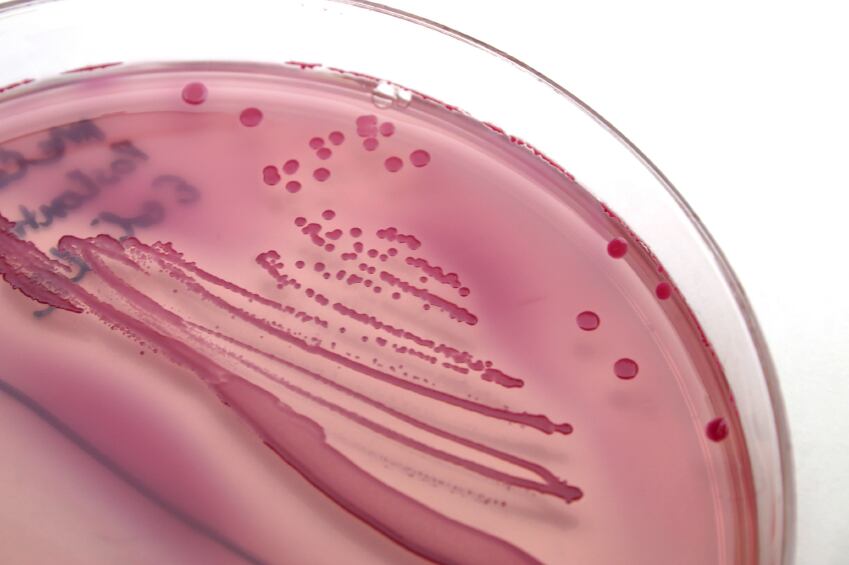The findings go some way into supporting the theory that exposure to pathogens early in life is actually beneficial to the education and development of the human immune system.
A number of studies have demonstrated a link between the incidence of type 1 diabetes (T1D), multiple sclerosis and other autoimmune diseases and improved sanitation and decreased incidence of early childhood infections.
The work brings together researchers from the University of Helsinki, Aalto University, Broad Institute and the Novartis Institute of Biomedical Research.
The team began collecting monthly stool samples from 222 infants in three countries from birth to age three: Finland, Estonia and Russian Karelia. Here, they could identify and quantify the bacteria that made up the infants' gut microbiomes.
Dominant gut bacteria

They found a strong link between the microbiomes of Finnish and Estonian infants and their Russian Karelian counterparts.
The gut microbiomes of the Finnish and Estonian infants were dominated by Bacteroides species, while Russian Karelian infants had an over-representation of Bifidobacterium early in life and a greater variability over the course of the three-year study.
“We believe that E. coli, which lives in the infant gut in all three countries, might be one of the immune educating bacteria responsible for training the immune system early in life,” said Tommi Vatanen, co-first author of the study.
”But, we found that if you mix Bacteroides with E. coli it can actually inhibit the immune-activating properties of E. coli, and we suspect this might have consequences on the development of the immune system,” he added.
The researchers said the immune activation by E. coli seen in the Russian Karelian infants may represent the relationship humans developed with microbiota over the course of human evolution.
They theorised that the frequency and authority of Bacteroides, in contrast, is a more recent phenomenon related in some way to improved sanitation and standard of living.
Source: Cell
Published online ahead of print, doi:10.1016/j.cell.2016.04.007
“Variation in Microbiome LPS Immunogenicity Contributes to Autoimmunity in Humans.”
Authors: Tommi Vatanen et al.
